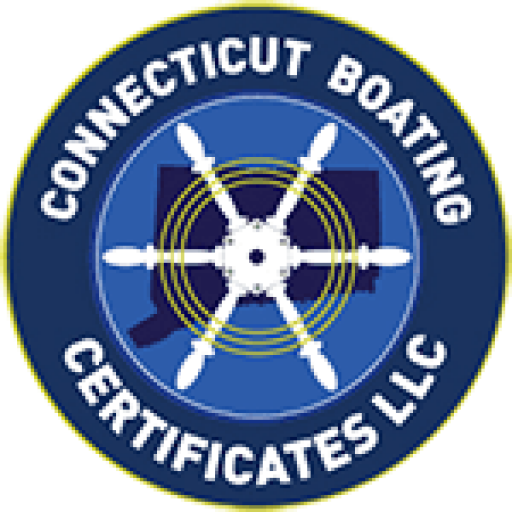Call: 1-800-832-7191
USCG Vessel Safety Checks
What to Expect During USCG Vessel Safety Checks USCG Vessel Safety Checks help boaters stay safe and compliant with federal regulations. These inspections are free and voluntary. Trained examiners review essential equipment, including life jackets, fire extinguishers, and navigation lights. Boaters receive a decal if their vessel meets all requirements. Because safety is the top priority, these checks focus on prevention …
